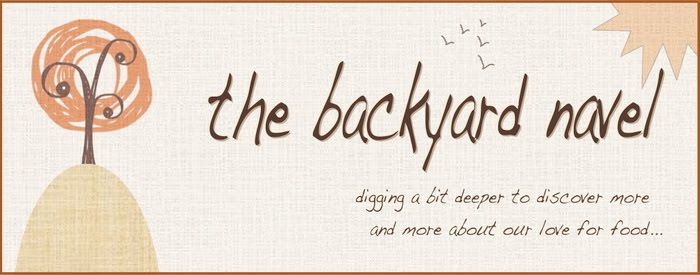i told you i'd be writing about eating animals soon enough, and here it starts—and not at a more opportune time.
first off, check out the book's site. for those with time to kill, especially those of you at work, the site's a good way to kill it. it's interactive, smart, and honestly, kind of fun. obviously though, i'm encouraging you to read more about this book.
but while you're there click on the graphic that says "talk turkey." and if you don't, well, you're gonna get it here, cuz this is what you'd find:
this year as you plan your holiday meal, consider the animal that is so often at the center of the table. what do we know about it? how was it raised? what was it fed? how was it killed? is it even possible to find these things out?
are the answers to these questions in line with your values, your family's values and the values we are celebrating during the holiday season?
if our holiday meals are supposed to serve as a reflection of our gratefulness, can a turkey that spends its life crammed by the tens of thousands into giant warehouses, on antibiotics, that has been bred to suffer—as is true for more than 99% of turkeys sold in america—be the choice we feel best about?
this holiday season, consider the turkey. take this conversation in any direction you'd like. the most important thing is that our choices be deliberate.
there's nothing more powerful than an informed conversation.
that's when a list of links will follow.
do me a favor—give me just one more thing to be thankful for this thursday. click on them.
resources:
* what is a turkey?
* what is factory farming?
* find a locally raised turkey
* meat-free holiday meal recipes
i'd love to hear how many have ever given thought to how our farmers are able to make so many turkeys available for a day when so much of the country will be cooking and eating them. think about that. how do they do it? as the book exposes, they've got it down to a science, which really takes any semblance of the word farm out of the picture. the turkeys come from what are called factory farms, but it's hardly fair to leave the word farm in there—because as you'll learn, the turkeys we eat today are so far removed from the turkeys of a hundred years ago, that something else all together is going on with this foodstuff, so much so that i really think it is fair to question if these producers and suppliers continue to mislead the public into thinking their birds are coming from farms, how it's anything other than downright criminal?
or maybe you don't want to know or even think about where your food is coming from? that's fair, right? if the farmers are giving us product that is affordable and fresh, who cares how they do it. it's feeding our families, right? i completely empathize with that perspective—and when i'm with my family this thursday, it's probably why i won't be able to pass on the carved bird from the resort buffet we feast on annually in channel islands. but then again, maybe i will. in that moment, it's my choice, isn't it?
but if you have thought about it, and i'd shared this information with you sooner, would this have changed things? there's a link above to localharvest.org, which is a site that specializes in locating organic and nearby farmers for the everyday jane doe. from that link, you could find a turkey farmer that raises birds humanely, and i'd hope find one who isn't raising these genetically modified birds humanely, but rather offspring of the birds we'd farmed before factory farms ever existed. would you have put in the extra work, and most likely the extra cash, to feed your family one of these birds?
jonathan safran foer is a vegetarian. for him, writing the book was illuminating, but illuminating to a way of eating that he has given up. if nothing else, what he discovered further solidified his eating stance. for me, a downright meat-lover, reading those same discoveries has majorly shifted my views on the food i eat. people say the body is a temple, and though it's cliché, isn't there something to the saying? shouldn't i have to work hard to find foods that are worthy of feeding me, if my body is indeed a temple?
the sad thing is, in essence, i'm working hard to reverse and deter all of the opposite hard work that's produced a multi-billion dollar industry of genetically modified and scientifically controlled food production.
and i'll simply ask this, how in the world does a brief—and i promise dead-on accurate—description of our food systems like the one i just made make eating poultry appetizing?
i'm aware my writing comes across as preachy, almost rant-like. that's because it's spontaneous, which in turn captures whatever emotions i might be feeling in the moment. usually, with something like this, i'd imagine the writing reflects something like anger, which i realize isn't always affective. i apologize for this, but it's the nature of the format i'm writing within.
as a side note, the picture i pulled from thewe.cc at the top is a modest snapshot of factory farming, a visual that doesn't represent anything close to what the industry actually gets away with, largely because i didn't want to subject anyone involuntarily to something i'd imagine a lot of people never want to see.
but again, please, if you've read this far, read further on about this book. and for those that do, i'd love to hear further thoughts on this mess...
Tuesday, November 24, 2009
Subscribe to:
Post Comments (Atom)






my meat free meal this year included:
ReplyDeleteleek and cremini mushroom stuffing made with whole wheat bread and shiitake mushroom broth
cranberry orange chutney,
corn bread souffle, bourbon sweet potato mash, brussel sprouts with soy chorizo and mushrooms
pumkin pie. it was delicious!